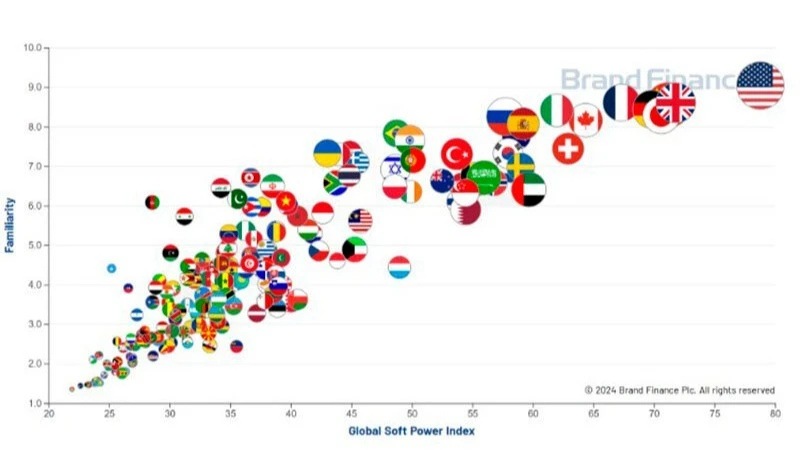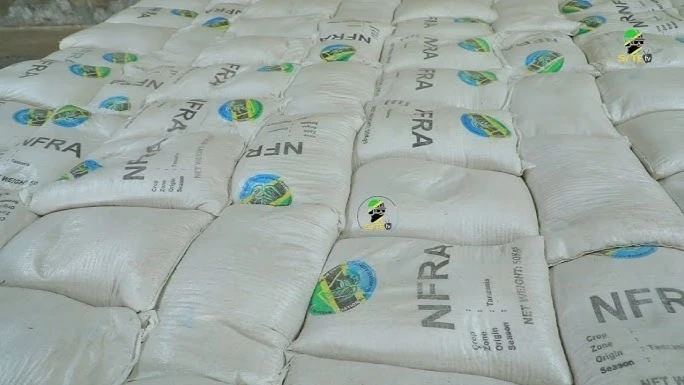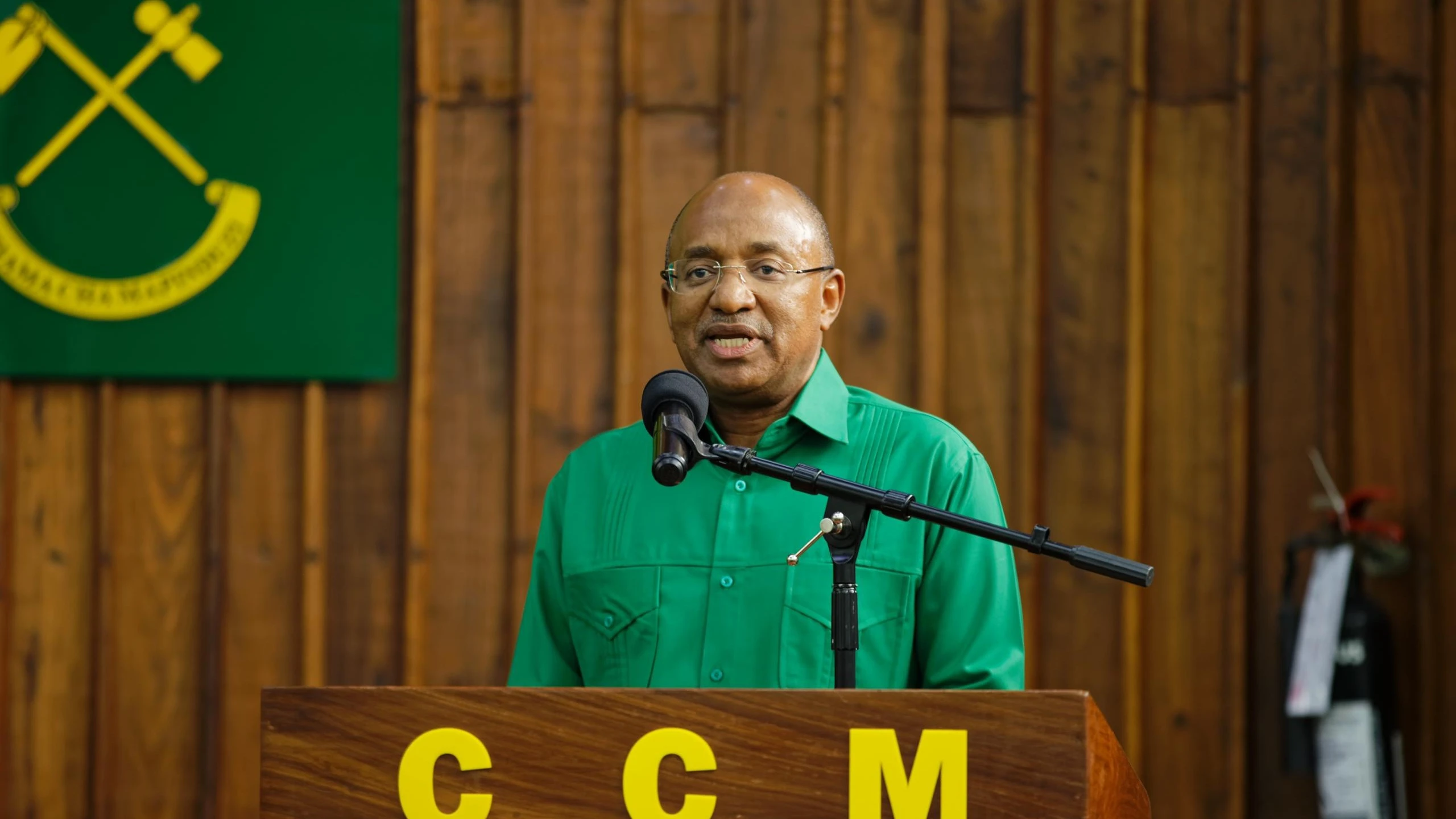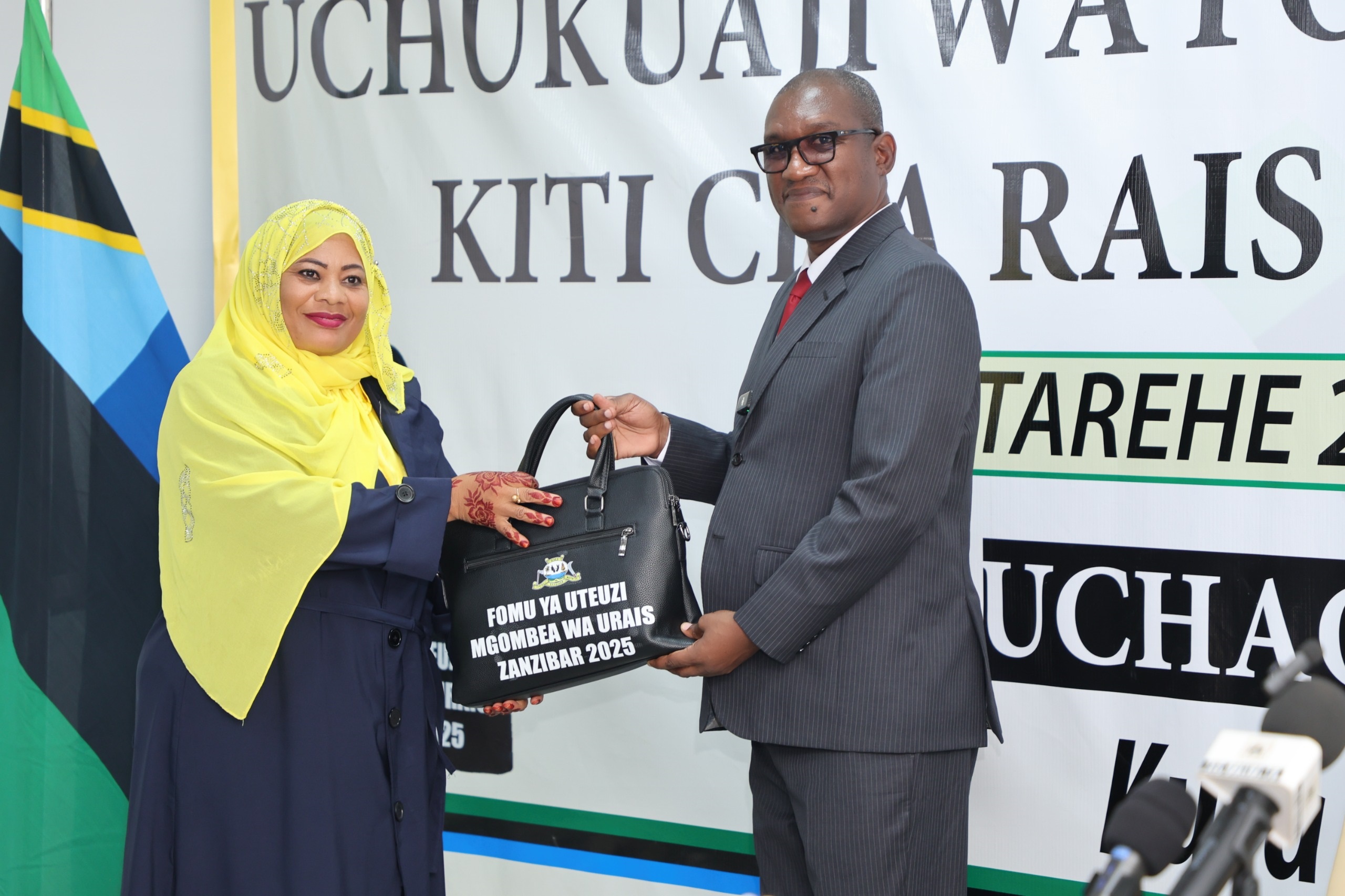50 cartridges of cannabis-laced e-cigarettes held by drug busters
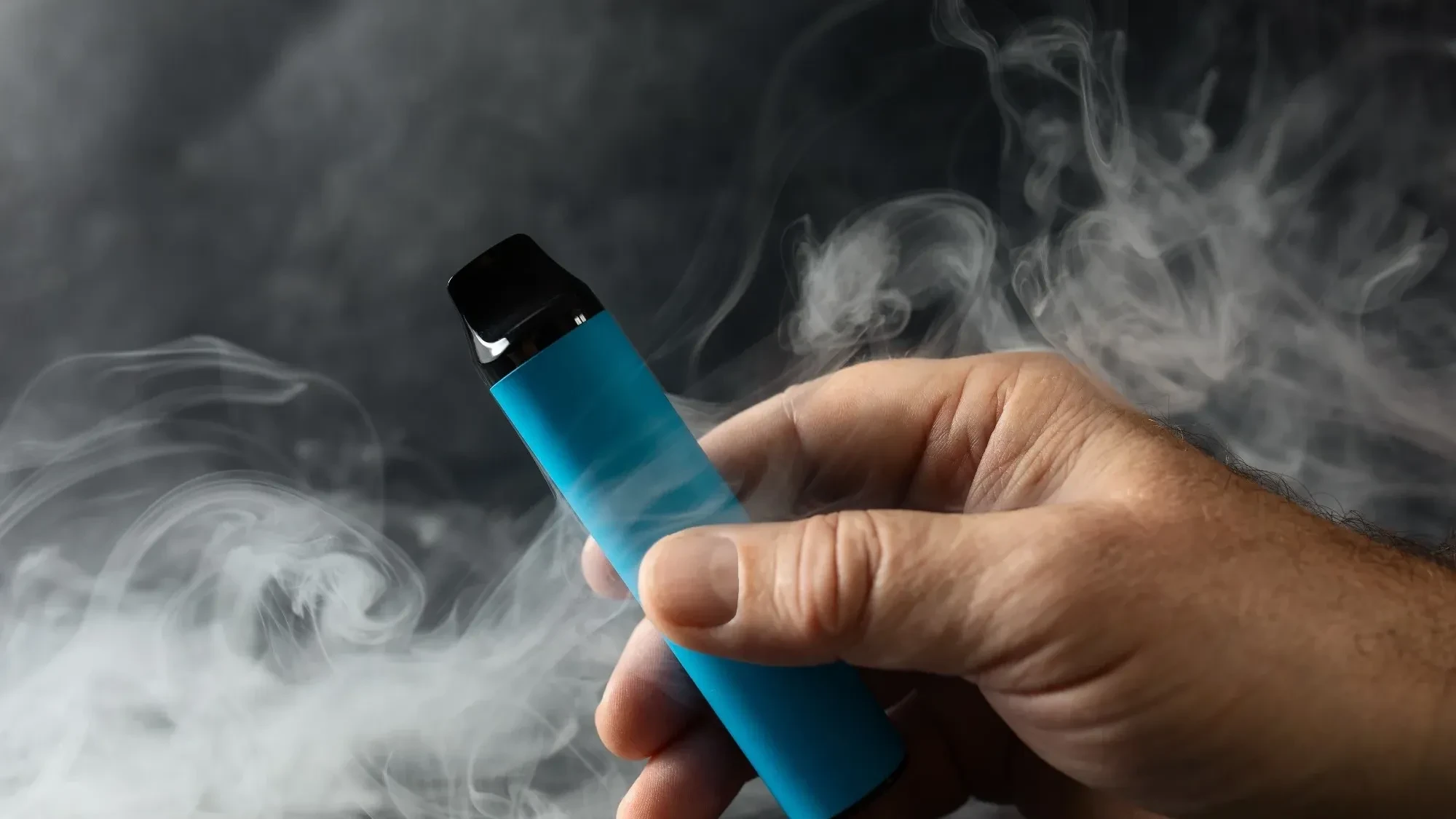
OFFICERS at the Drug Control and Enforcement Authority (DCEA) have seized cannabis-laced electronic cigarettes (e-cigarettes) for the first time in the country.
Aretas Lyimo, the DCEA commissioner general, said at a press conference in Dar es Salaam yesterday that the landmark confiscation, part of an ongoing nationwide crackdown, reveals new tactics used by international narcotics networks to smuggle illicit substances into the country.
Detailing the major breakthrough against evolving drug trafficking methods, he said that 50 e-cigarette cartridges, each containing 10 millilitres of cannabis oil, were confiscated at two popular entertainment venues in the city, the ‘Bad London’ nightclub in Temeke and ‘Sanaa Reggae Bar’ at the high-end Masaki suburb.
Investigations traced the smuggled devices back to the United Kingdom, indicating an emerging trend of using discreet consumer products to evade detection, he said, noting that laboratory tests on the seized vapes confirmed the presence of dangerous chemicals beyond just cannabis.
These include THC, benzene, cadmium, lead and mercury, he said, reiterating that these toxic substances are linked to severe health issues such as brain damage, cancer, miscarriages and impaired learning abilities, underscoring the serious public health threat posed by these new products.
The seizure of cannabis vapes is the latest in a series of significant operations where the agency succeeded in disrupting various smuggling activities and routes. During July and August, the DCEA confiscated over 32,600 kilograms of assorted narcotics and destroyed 64 acres of cannabis farms, leading to the arrest of 940 suspects who have since been handed over to the prosecuting authorities, he stated.
One notable operation saw the arrest of three suspects, including a Lebanese national, in Manzese area of Ubungo District. They were found with 2.44 kilograms of cocaine trafficked from Brazil through Kenya and Uganda, he said.
The smugglers had used a particularly dangerous method of internal concealment by ingesting the drugs, with investigators noting that some traffickers are now experimenting with rectal insertion to speed up the process, the top enforcer noted.
Other recent arrests demonstrate the creativity of these criminal networks. In a separate incident, an American national and his Tanzanian wife were apprehended at Bahari Beach with 11 bottles of ketamine and cannabis. In another case, four suspects were caught in Dar es Salaam attempting to traffic 10.37 kilograms of khat, cleverly disguised as tea packages and sent through courier services.
Authorities also intercepted 69.8 liters of precursor chemicals, including methyl ethyl ketone (MEK) and ephedrine, essential ingredients for narcotics production, he elaborated.
The DCEA’s operations have also targeted major drug kingpins where in Mara Region, a significant bust led to the arrest of Masero Muhabe, caught with 6.5 tonnes of cannabis.
He said the suspect was a key financier in the local drug trade, supported by buyers in Kenya who coerced local farmers into cultivating the crop. The agency is now working with Kenyan authorities to pursue his accomplices who fled across the border, he said.
In another case, police in Mara arrested Simoni Mkonda, 51, with 193 kilograms of cannabis and a pistol, meanwhile as in Mbeya, two private engineers, Henry Shao (36) and Veronika Samumba (31), were arrested with 241 cannabis-infused biscuits and specialized equipment for their production, he stated.
Their primary clientele were identified as fellow engineers and university students, highlighting how traffickers are targeting different segments of society, he explained, underlining that seizure of cannabis-laced vapes and biscuits indicate a clear shift in tactics by traffickers.
They are now diversifying into electronic devices and food products to evade traditional detection methods, he said, underscoring the critical importance of stronger regional and international cooperation to dismantle these sophisticated networks.
Operators of nightclubs and entertainment venues need to prevent their establishments from becoming safe havens for drug cartels, he said, noting that the nation is committed to building a safe and healthy society for both current and future generations.
The fight against narcotics remains a national priority where traffickers need to understand that the government will not relent in dismantling this illegal trade that threatens public health and undermines economic development, he added.
Top Headlines
© 2025 IPPMEDIA.COM. ALL RIGHTS RESERVED










